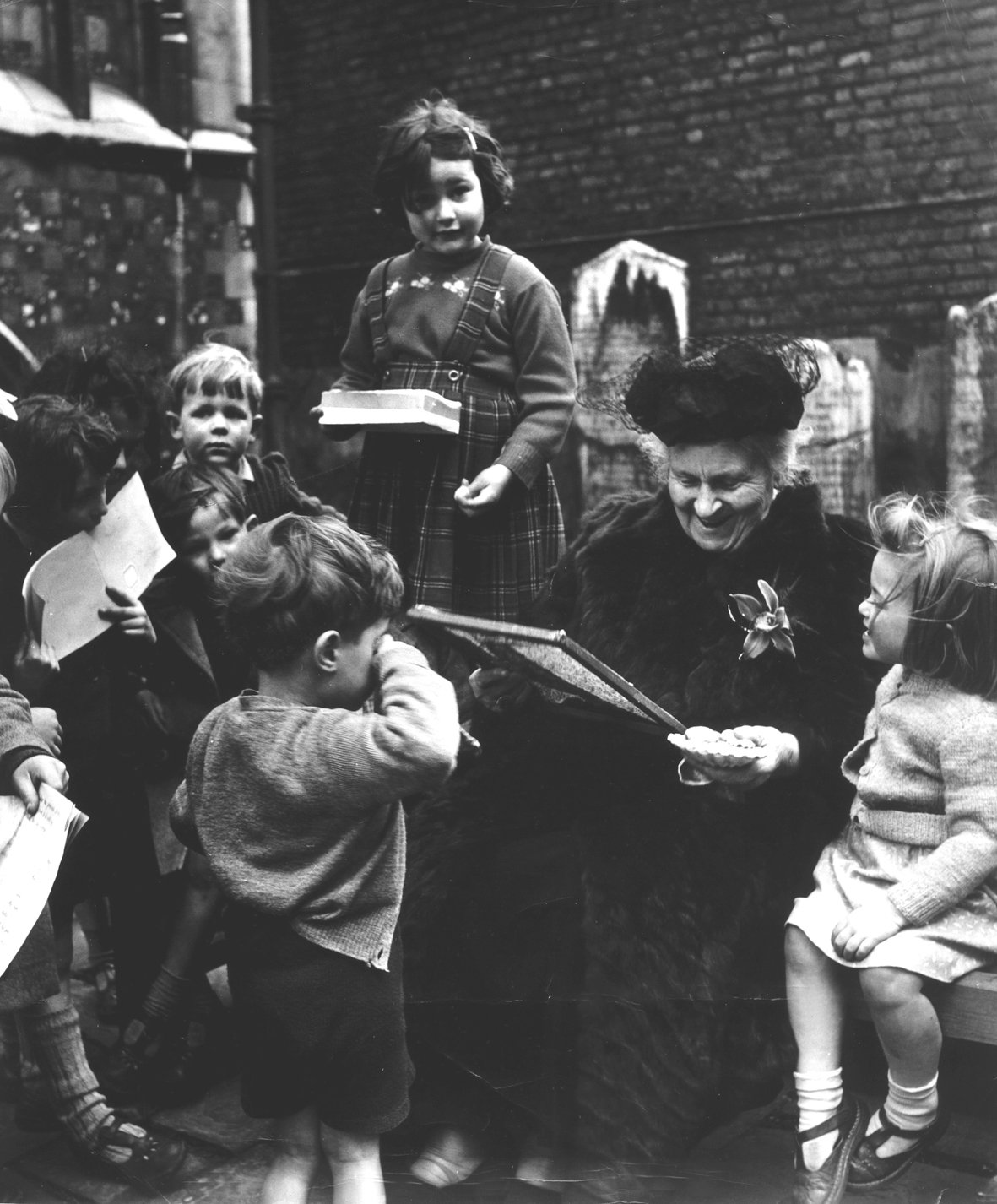
"The child is both a hope and a promise for mankind." — Dr. Maria Montessori
Maria Montessori (1870–1952) was an Italian physician and educator who revolutionized the way the world perceives child development and education. Born on August 31, 1870, in Chiaravalle, Italy, she defied the social expectations of her time by pursuing a career in medicine. As one of the first women in Italy to study medicine, Montessori graduated with honors from the University of Rome in 1896. Her academic path was initially focused on engineering, but she switched to medicine, influenced by a growing interest in understanding the human mind and body.
Montessori’s career began in the field of psychiatry, where she worked at the University of Rome’s psychiatric clinic. During this time, she had the opportunity to observe children with developmental disabilities. It was here that she became deeply fascinated by the learning processes of children and began to develop her ideas on education. She recognized that children, regardless of their circumstances, had an innate ability to learn and construct their own personalities through interactions with their environment.
In 1907, Montessori opened the first Casa dei Bambini (Children’s House) in Rome, applying her observations to create a learning environment for children from disadvantaged backgrounds. Her approach to education was revolutionary, she introduced self-directed learning, hands-on materials, and an environment where children could work at their own pace. Montessori believed that children should be given the freedom to choose their activities and learn from their mistakes, which promoted independence, confidence, and a love for learning. The success of her methods in the Casa dei Bambiniled to the rapid spread of Montessori schools across Italy and beyond.
Montessori’s educational philosophy, known today as the Montessori Method, is built upon two main principles: first, the universality of human development, and second, the idea that each child is a unique, admirable individual who should be treated with respect. Her method encourages mixed-age classrooms, hands-on learning materials, and an emphasis on the child’s intellectual, social, emotional, and physical development. The method has been adopted in schools around the world, and studies show that children in Montessori settings often excel academically and socially, particularly in preschool and elementary school.
Montessori’s influence extended far beyond the classroom. She was a devoted humanitarian, working to improve education systems and promote peace. She was nominated three times for the Nobel Peace Prize for her efforts to foster greater human understanding and peace. Her educational principles were grounded in a deep respect for the dignity of each individual, and her work continues to inspire educators, parents, and policymakers globally.
Throughout her life, Montessori's commitment to children and education never wavered. Her legacy lives on in the thousands of Montessori schools worldwide, which serve millions of students annually. Her work has shaped the lives of countless children, providing them with the tools to become independent, lifelong learners. Dr. Maria Montessori’s contributions to education, child development, and human welfare have left an indelible mark on the world, making her one of the most important figures in the history of modern education.
Image Courtesy: The Archives of Association Montessori Internationale, Amsterdam

